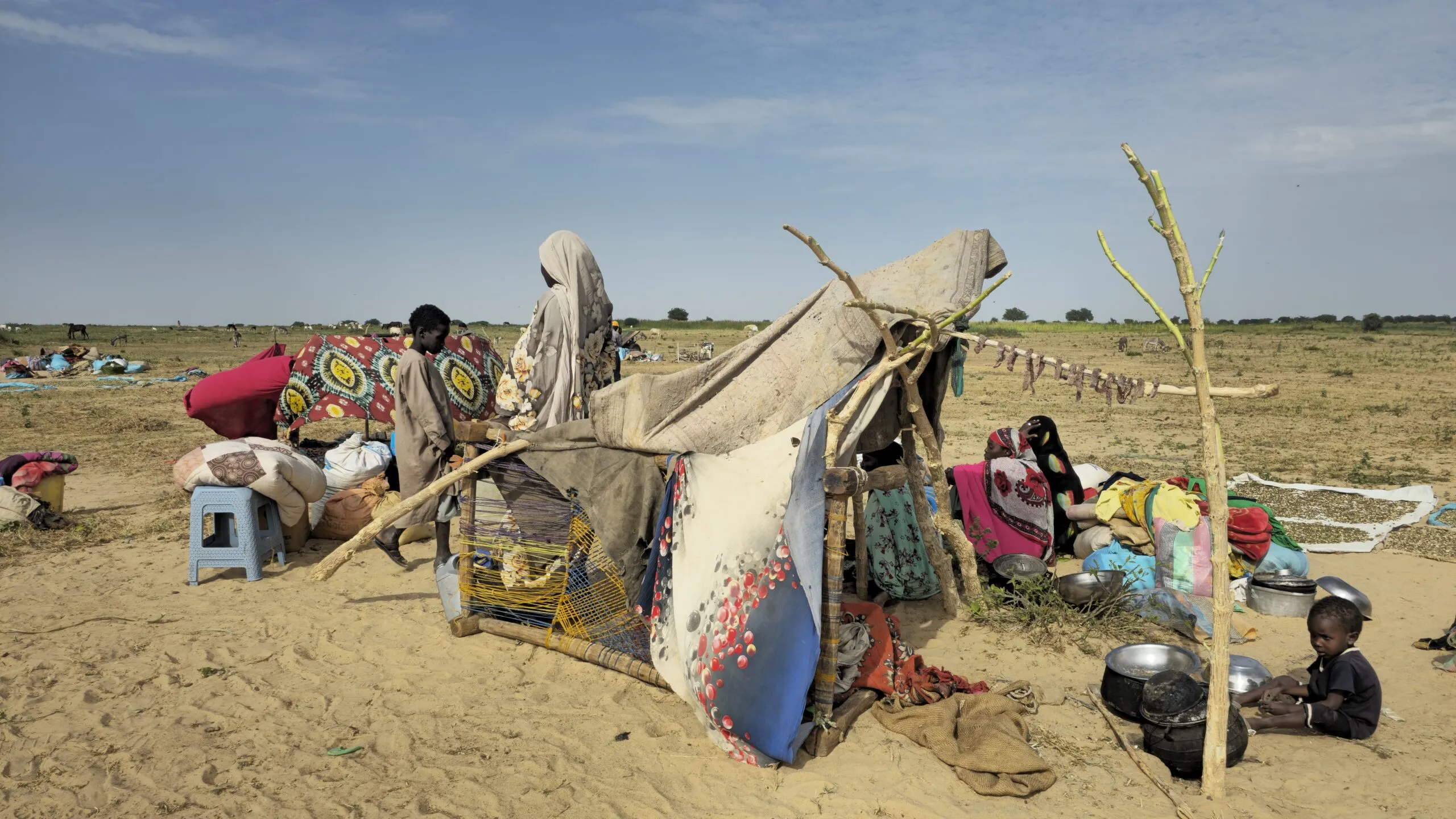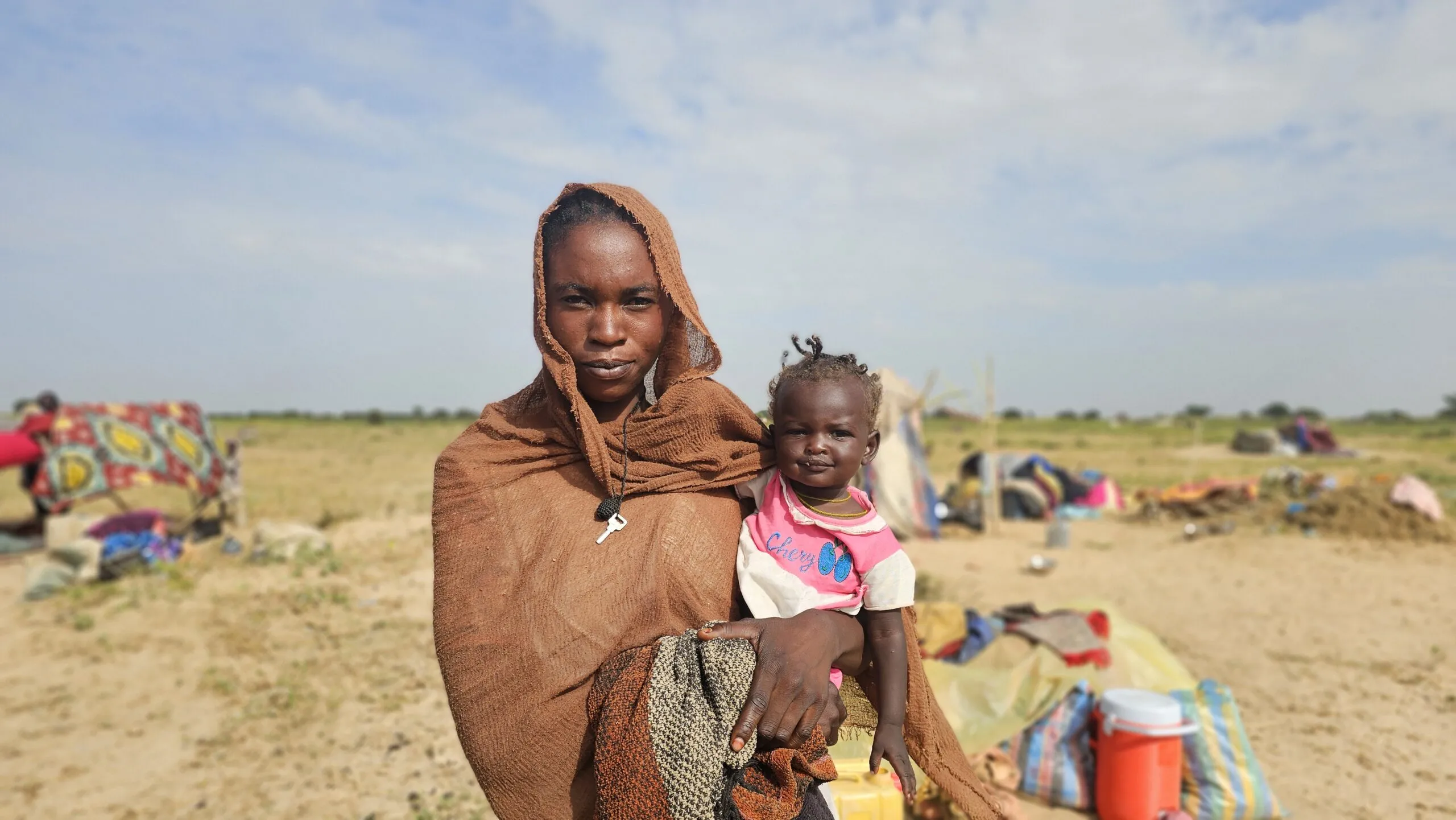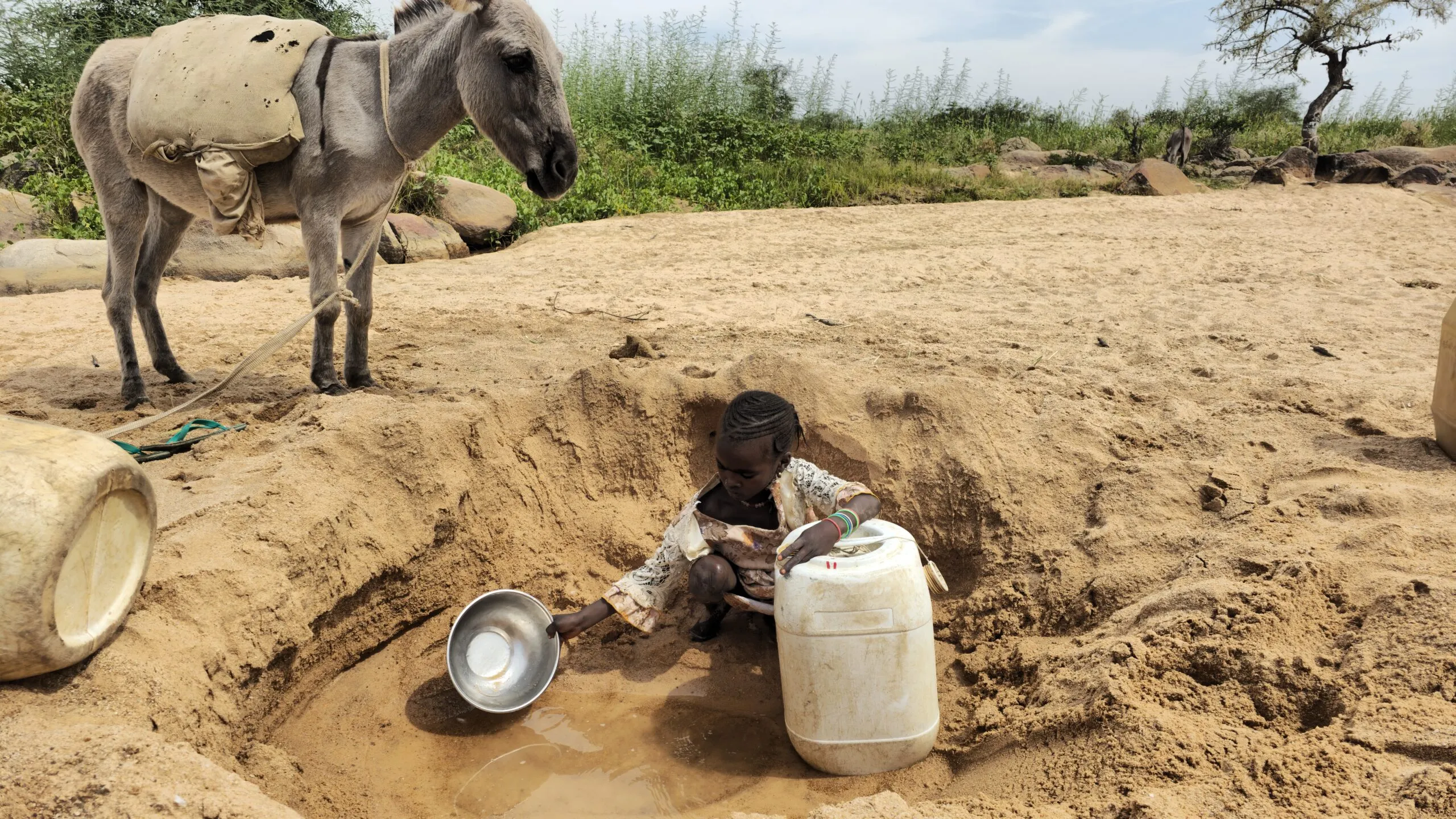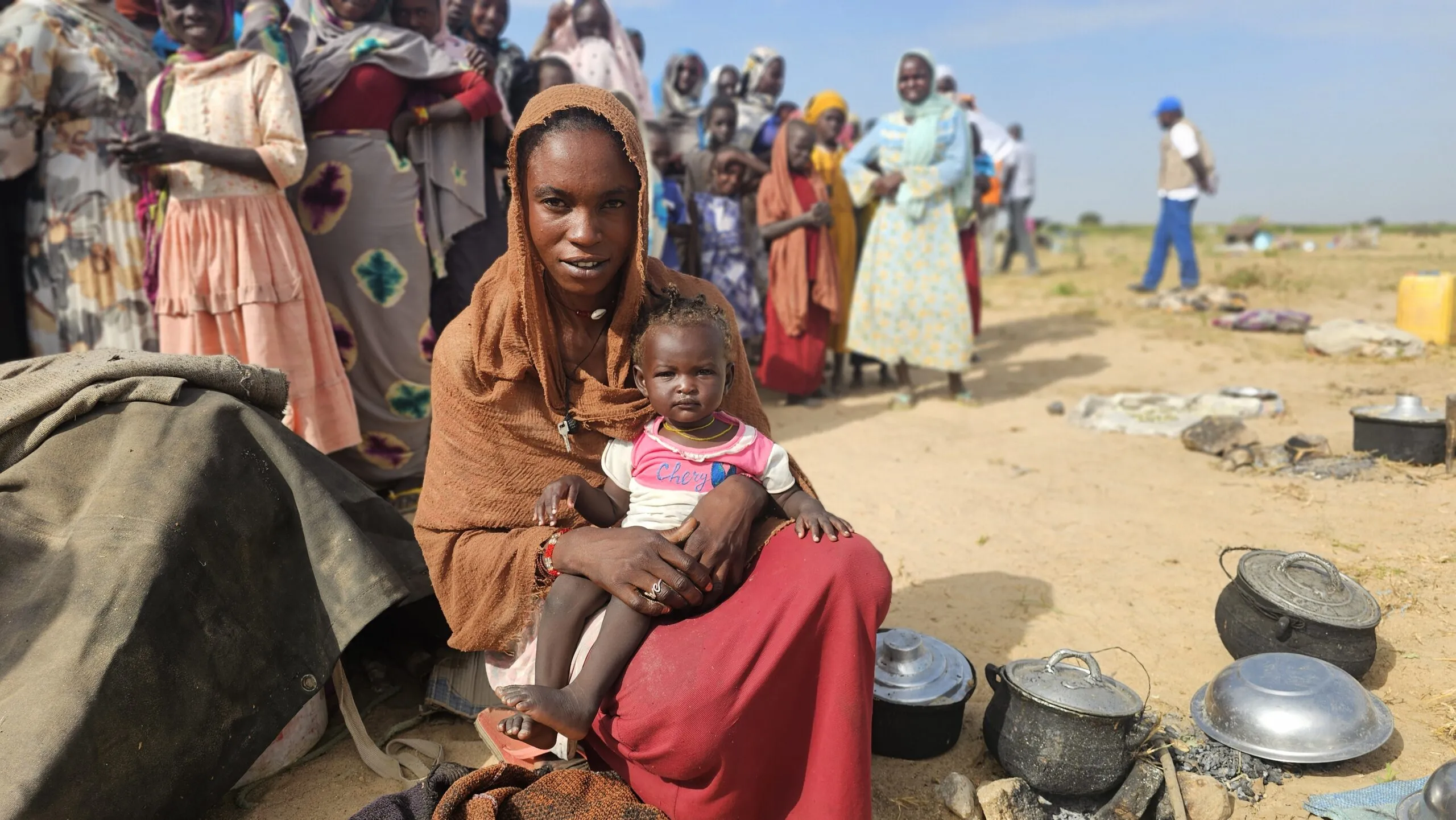Prior to April 2023, when the conflict in Sudan started, nearly seven million people living in Chad were already in need of humanitarian assistance. In 2023, the country ranked 125 out of 127 on the World Hunger Index, with high food prices, disrupted trade, and climate shocks worsening hunger.
The global humanitarian response in Chad remains severely underfunded – only 49.8% of the 2024 Humanitarian Response Plan has been financed. Hawa, Mariam, and Paul all need help.
“As we have said for months, what’s happening in Sudan is a war on women and girls” said Mohamed Tijani, CARE’s Head of Office in South Darfur.
“It’s mostly women that we see in our clinics, mothers and their small, malnourished children. It’s women that we see in the displacement sites across Darfur. It is almost all women and children who are crossing the border into Chad. They travel so far with nothing, often with little but their small children on their backs. I hear their stories every day, of the horrors they faced while searching for safety, of their long, grueling journeys, of the hunger and malnutrition their families have endured.”
The health centers supported by CARE are usually closer than Paul’s clinic was from Hawa, so her journey is unusual. But Paul says the health center receives over 100 mothers in similarly desperate straits each week.
“Sixty of those children are in the red zone, meaning they are acutely severely malnourished,” Paul says. “Without urgent help, many of them won’t survive.”
With food prices skyrocketing and access to aid hindered by flooding, the need for action is critical. For Hawa and Mariam, the journey to survival is far from over, but, for now, they have a bowl of porridge, and hope.
Which is more than many families in Sudan have.
Maria, for her part, is still in the middle of nowhere, sitting on the floor with over a hundred of her neighbors. Yet she feels a small bit of the same hope Hawa has.
“At night we now only hear the crying of the children that still can cry,” she says. “But the sounds of war are gone. We are still alive. But we have no more strength left.”
Living with invisible scars















